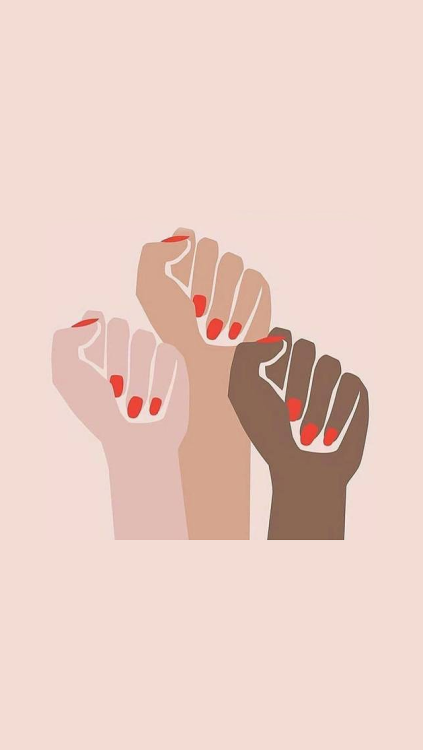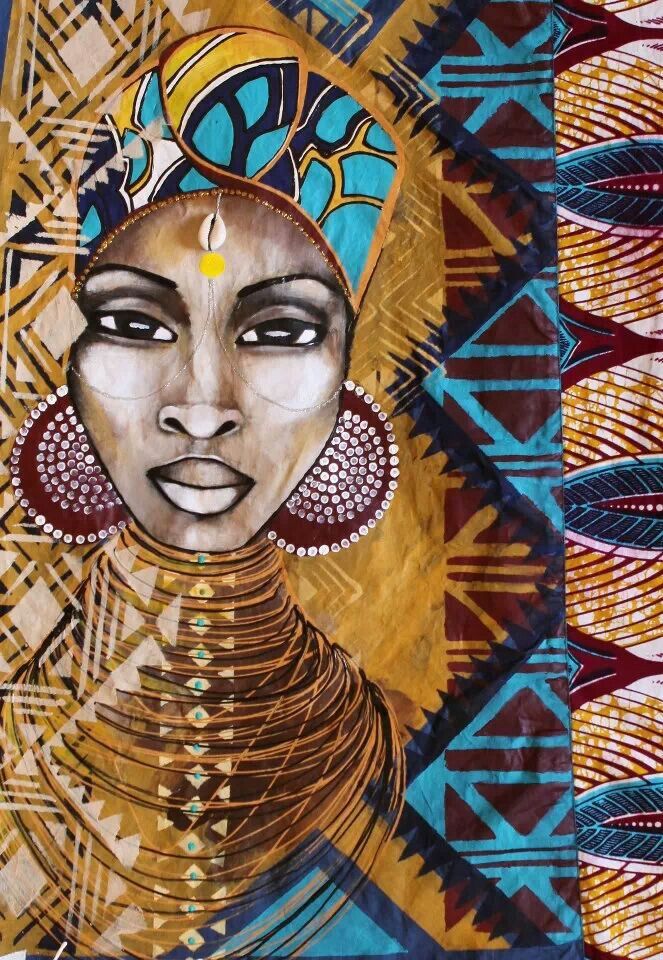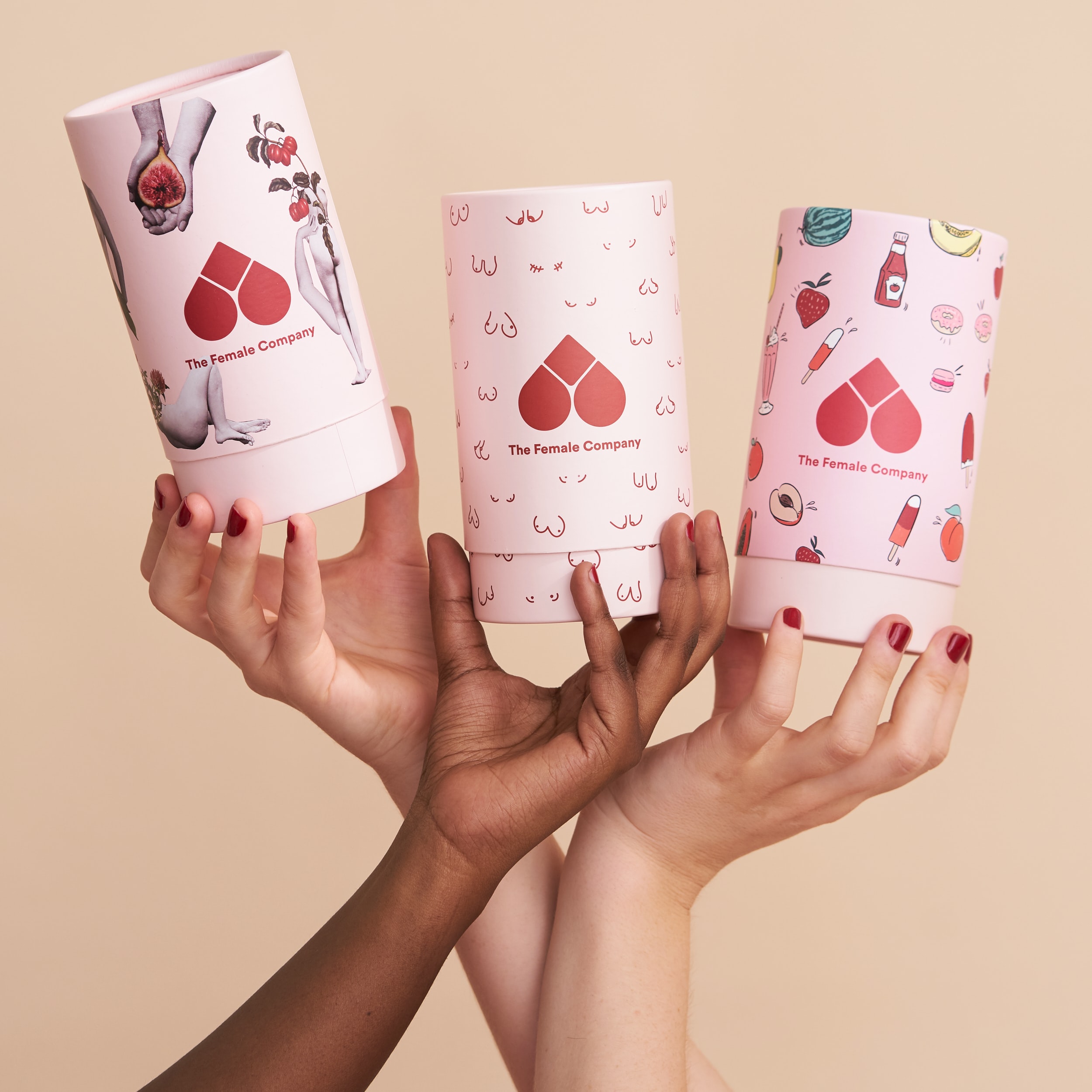Today, Jackie has more than 190 primary patents, 41 of which have been licensed to multinational companies and start-ups in the field of nanomedicine, drug delivery, medical implants, cell and tissue engineering, and medical devices. She remains a powerful inspiration for Muslim women everywhere in the field of science and technology, encouraging many more women to study and work in the ever-growing and important field of STEM.










